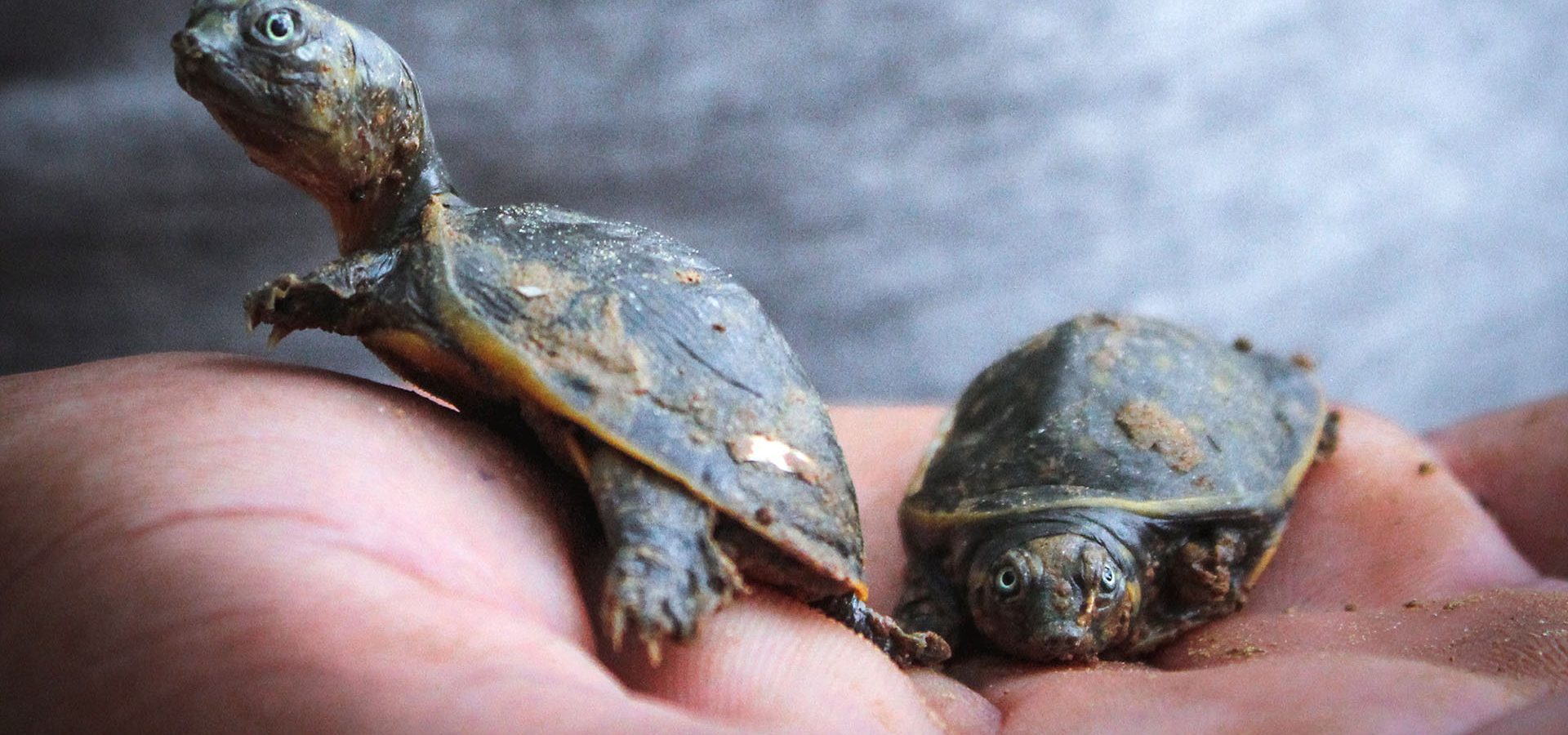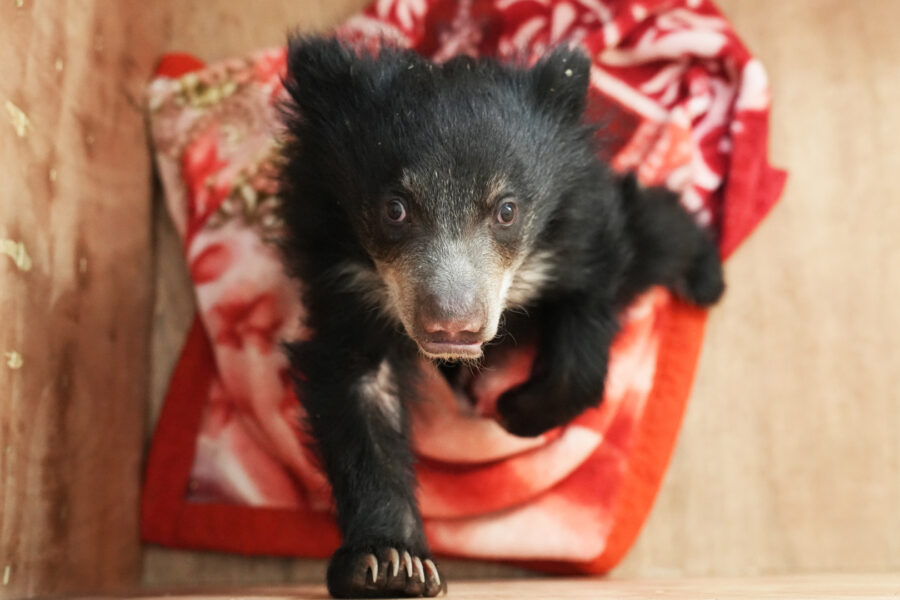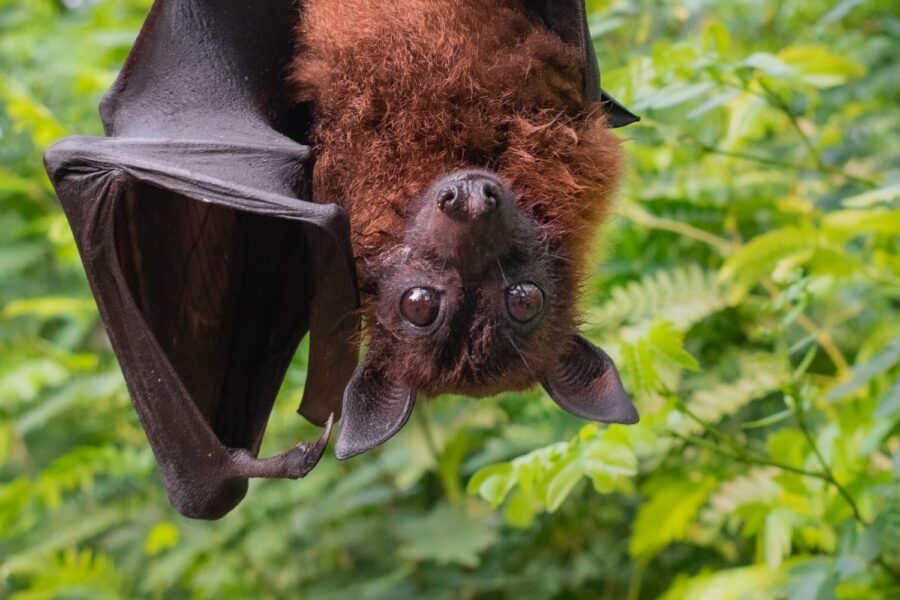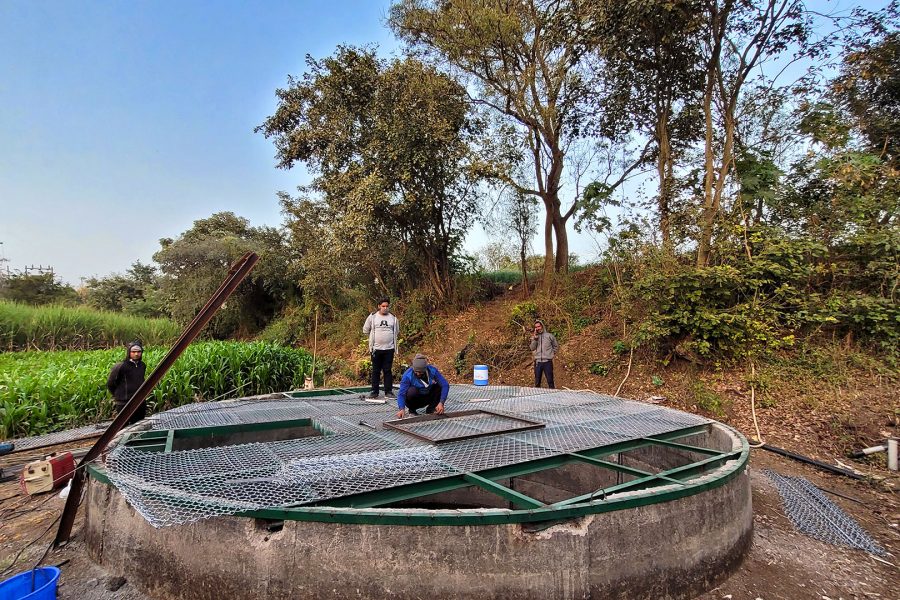One of the oldest animals on the planet, turtles are known to have existed for over 220 million years! Turtles are essential to the ecosystem, acting as scavengers in cleaning up water bodies by mainly feeding on plants that grow in water, small insects, fish and even dead marine animals. However, over the years their survival in the wild has come under severe threat and their population is fast disappearing across the world. Consumption and illegal trade of turtle eggs, meat and body parts, habitat destruction, illegal pet trade and climate change are some of the common threats to these unique creatures.
23rd May marks World Turtle Day which gives us a chance to focus on raising awareness on conservation efforts and on illegal trafficking of these species. We at Wildlife SOS have decided to commemorate this day by sharing some facts and common myths associated with turtles and tortoises in India.
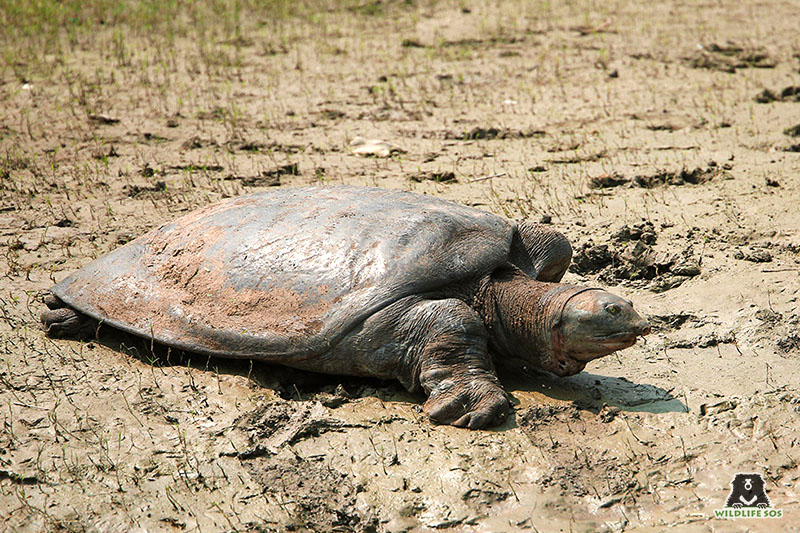
- India is home to 28 species of fresh water turtles and tortoises, of which 54% are listed as ‘Threatened’ under IUCN Red List. 15 such species are found in the Indo-Gangetic belt, making it one of the five turtle priority regions in the country.
- The country ranks third in the list of countries with the largest number of threatened turtle and tortoise species in the world after China and Vietnam.
- Poaching and illicit trafficking of turtles and tortoises, many of which are ‘endangered’ continues to be prevalent in India and Southeast Asia on account of various superstitious myths and beliefs attributed to them.
- The body parts of these reptiles are also sold illegally due to their supposed aphrodisiac properties and for use in traditional medicine. It is a commonly misguided belief that turtle shell possess medicinal and healing properties and that consuming the carapace (dorsal section of the shell structure) and plastron (underside) can cure tuberculosis and various skin diseases. However, there is no scientific and medical proof to support such claims.
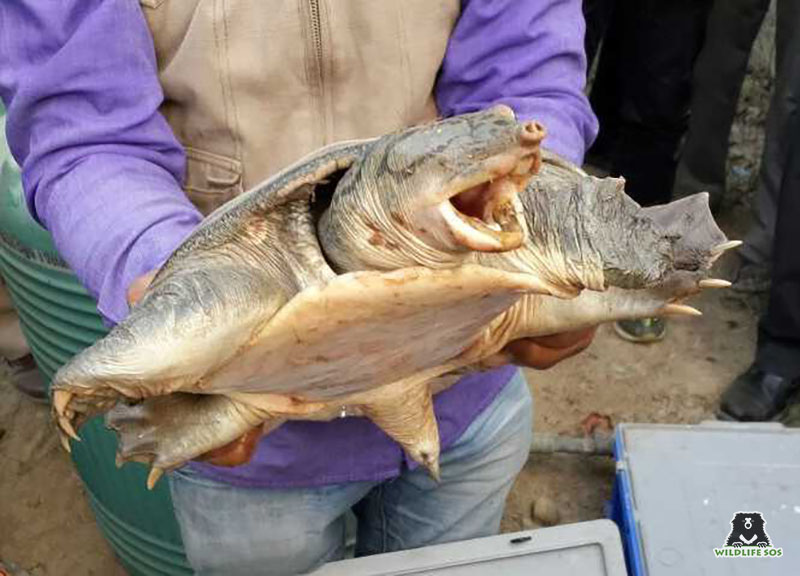
- Turtle meat and eggs are considered a delicacy in some parts of the world including India.
- During the annual Kali Puja festival, a shocking number of over 1 lakh turtles such as the northern river terrapin and black-spotted turtles are consumed and slaughtered as part of sacrificial rituals in West Bengal, Assam and Bangladesh.
- Live turtles (both freshwater and marine) & tortoises are smuggled in larger numbers across porous international borders to cater to the exotic pet trade. Given their longevity, they are considered special and often kept as good luck charms.
- Some of the most trafficked turtle species include the Indian Flapshell turtle (Lissemys punctata), Indian Softshell turtle (Nilssonia gangetica) & the Red-Crowned Roofed turtle (Batagur Kachuga); their meat is a delicacy and the body parts are used in traditional medicine. Species like the Indian Roofed turtle (Pangshura tecta) & the Black-Spotted turtle (Geoclemys hamiltonii) have a huge demand in the pet trade. Indian Star tortoises (Geochelone elegans), and terrapins are also quite coveted ‘exotic pets’.
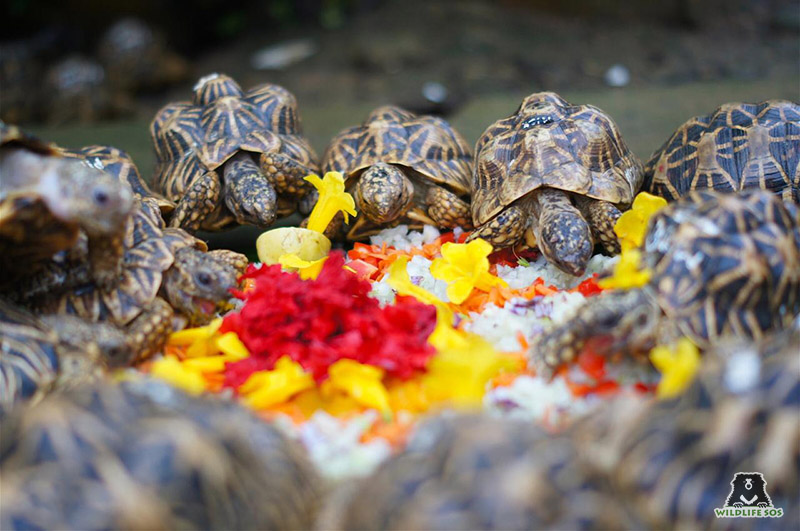
- Five species of sea turtles are known to inhabit Indian coastal waters and islands. The Olive Ridley (Lepidochelys olivacea), Green turtle (Chelonia mydas), Hawksbill turtle (Eretmochelys imbricata), Loggerhead turtle (Caretta caretta) and the Leatherback turtle (Dermochelys coriacea) The biggest threats to these turtles are direct harvest for meat and eggs, pet trade, marine pollution, and the destruction of nesting habitats.
- In India, poaching or the possession of any protected wildlife species and the illegal trade of their body parts is a criminal offence leading to imprisonment for between three to seven years. International trade of protected turtle species is prohibited under the Convention on International Trade in Endangered Species of Wild Flora and Fauna (CITES). However, despite such binding laws and strict regulations, there is a growing demand for this species in the international market.
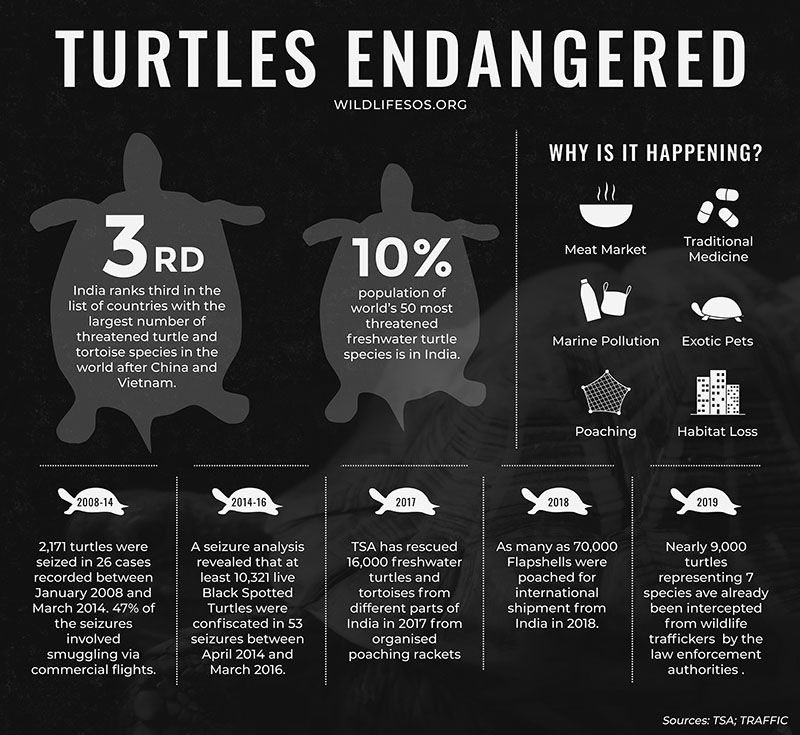
Misconstrued beliefs and lack of awareness has led to exploitation of this species, thus threatening their very existence in the wild. It is the need of the hour to spread awareness regarding the illegality and the abominable treatment of these animals to curb poaching and trading of protected turtle species. As a part of Wildlife SOS’s conservation and awareness initiative program, we work with both rural and urban communities to help them recognize the need to protect wild animals and preserve their natural habitats.

